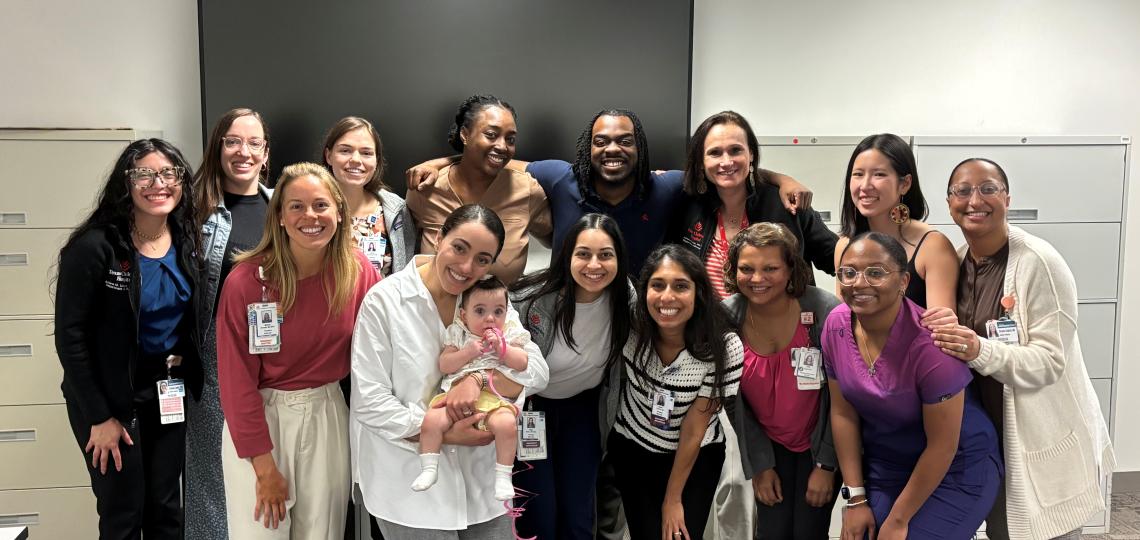
About the Program
The Primary Care Leaders Evaluating and Addressing Disparities (L.E.A.D.) Residency Program is a three-year categorical pediatric training program that focuses on Pediatric Primary Care of Underserved and Vulnerable populations.
The call for pediatricians with a commitment to serve underserved and vulnerable populations is becoming more necessary given the current climate for children’s healthcare in the United States today. The Primary Care Leaders Evaluating and Addressing Disparities Pediatric Residency Program is focused on training future pediatric leaders working towards narrowing the effects of poverty and other social determinants of health which perpetuate health disparities. The curriculum focuses on advocacy, community collaboration, quality improvement, public policy, and leadership skill development.
Program Highlights
- The L.E.A.D. program recruits four candidates each academic year for a total of 12 residents within the three-year program
- This residency program provides training for physicians who are eager to make a professional commitment to practice pediatrics in underserved communities
- Residents will take on broad types of leadership roles during residency while working in underserved clinics and community-based based resources, focusing on providing continuous access to quality healthcare for vulnerable children
- The curriculum is designed to increase knowledge of primary care issues that afflict underserved and vulnerable populations and learn how to initiate interventions that improve the health of these populations
- Residents will learn how to care for complex patients, initiate advocacy efforts influencing legislature, and develop scholarly projects aimed at improving healthcare delivery for the underserved
- Residents will have opportunities to work with the Texas Pediatric Society and the AAP legislative through the group AAP membership








